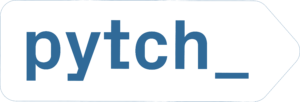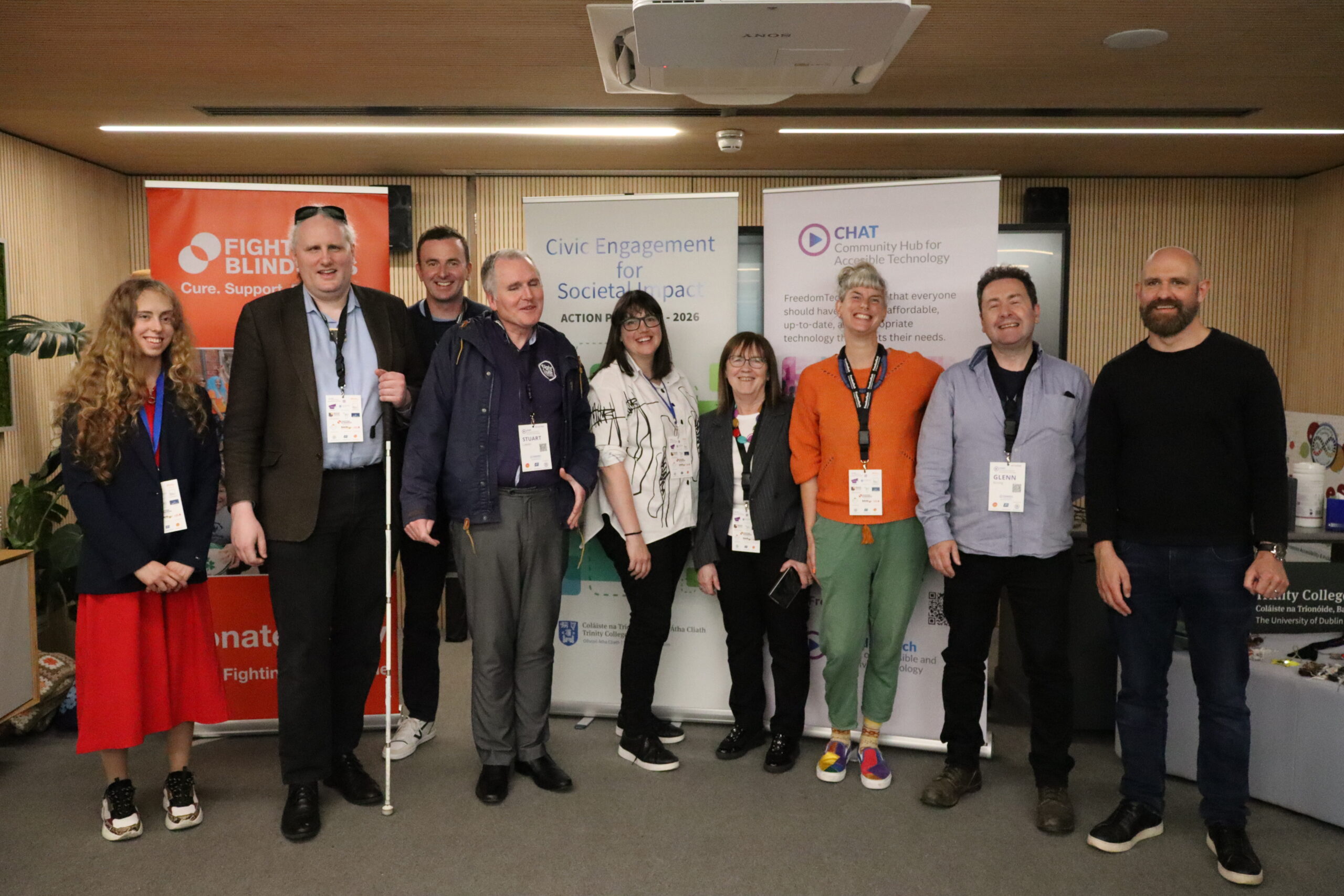On June 6, Pytch had the pleasure of participating in the inspiring Chat@Trinity: Access to STEM – Supporting Inclusive Classrooms event, hosted at Trinity College Dublin. Organized by Trinity Access, this event brought together educators, researchers, and advocates to share their efforts and experiences in making STEM more inclusive and accessible.
Insights into our current accessibility research
Representing Pytch, our Project Lead spoke about our commitment to making programming education more accessible to visually impaired learners. He outlined the work we’ve already done over the past year, which began after user testing revealed significant barriers for screen reader users and keyboard-only navigators. In response, our research assistant conducted a focused investigation into these issues as well as solutions our team could implement to improve overall accessibility on the Pytch web app. Based on the findings, our lead developer implemented a number of improvements to the Pytch interface, including enhanced semantic HTML structure to support screen readers, collapsible panels for easier navigation, ARIA controls, consistent keyboard shortcuts, and more accessible menu systems. These features are now at the prototype stage and we are looking forward to get insights from users during the testing stage to continue improving accessibility.
We also shared our current area of research, which focuses on the challenges of learning Python for users who rely on screen readers or non-visual interfaces. While Python is praised as an accessible programming language due to its simple syntax and its reliance on non-alphanumeric characters, Python’s heavy use of whitespace and indentation creates serious accessibility barriers for visually impaired users. Our research assistant is now exploring how to address this issue, with the aim of developing and testing solutions that make Python’s structure more manageable for all learners. We hope to carry this research forward and begin implementing its outcomes in Pytch in the next school year.
Outlook
For us, the event was a valuable opportunity to both share our insights and learn from others working in the field of accessible technology. It was encouraging to connect with dedicated people who care deeply about access to tech, especially with focus on visual impairments, which aligns with our current priorities and research.
We’re grateful to Trinity Access for hosting the event and for the opportunity to share our insights and connect with others working towards more inclusive technology.


Comments are closed